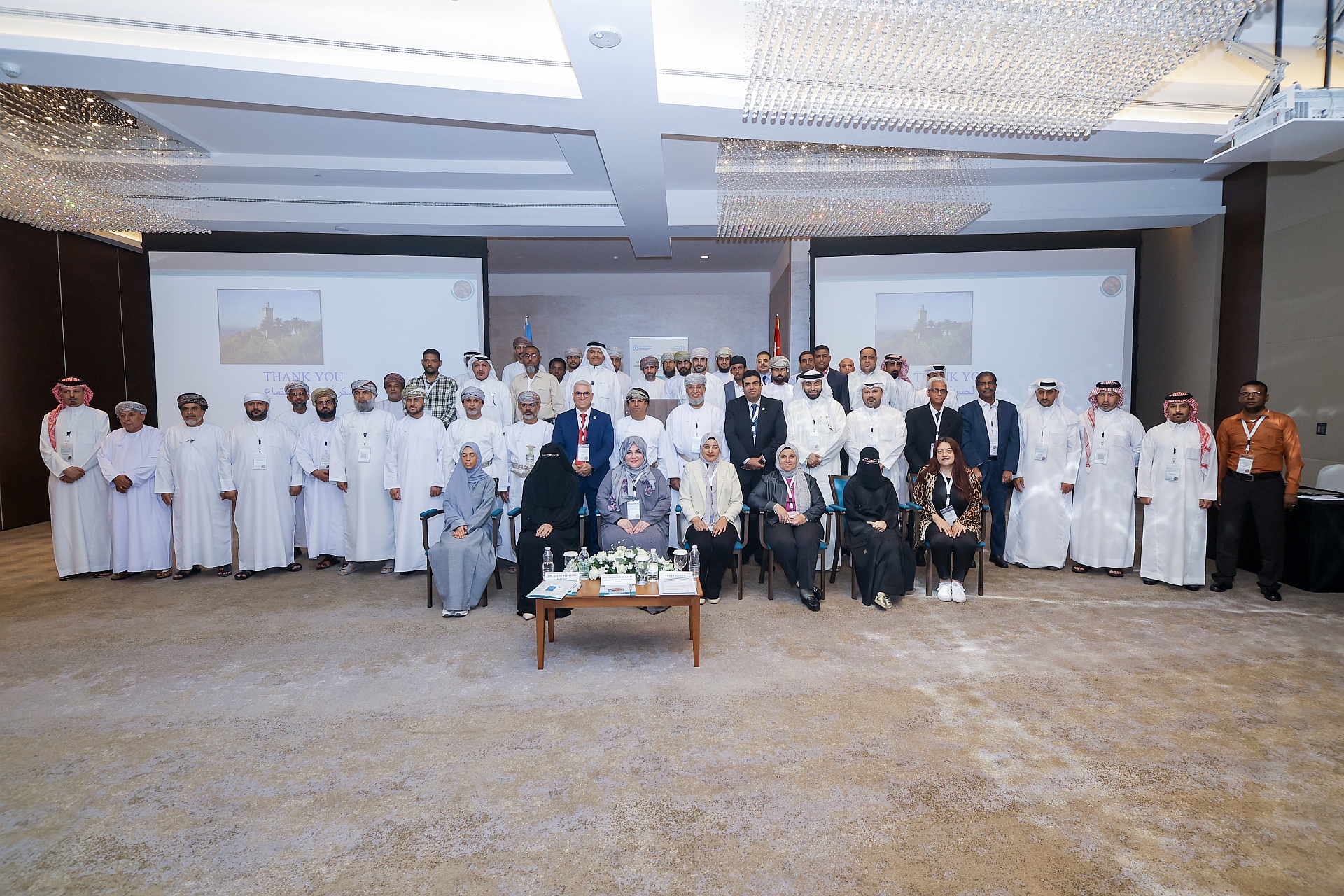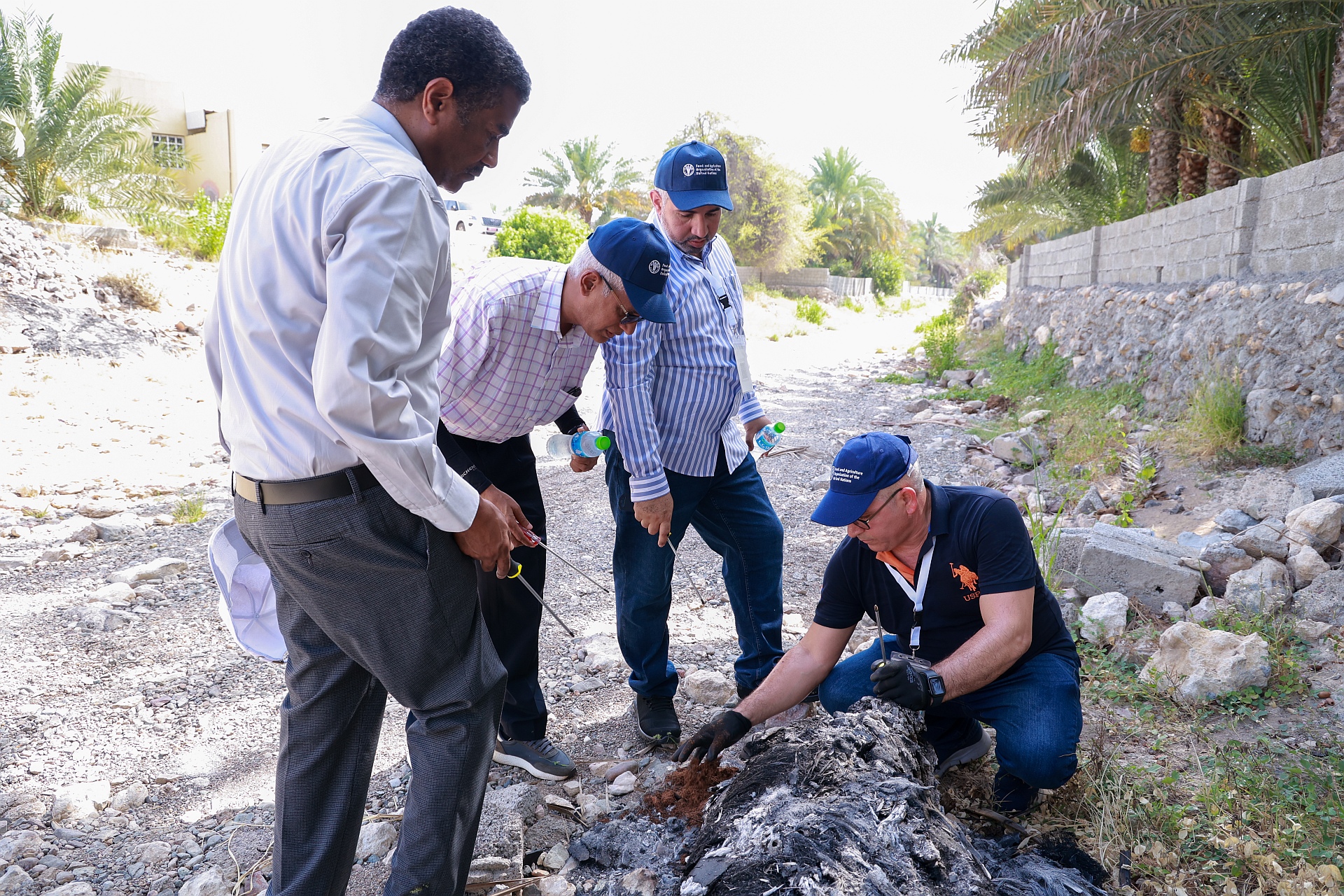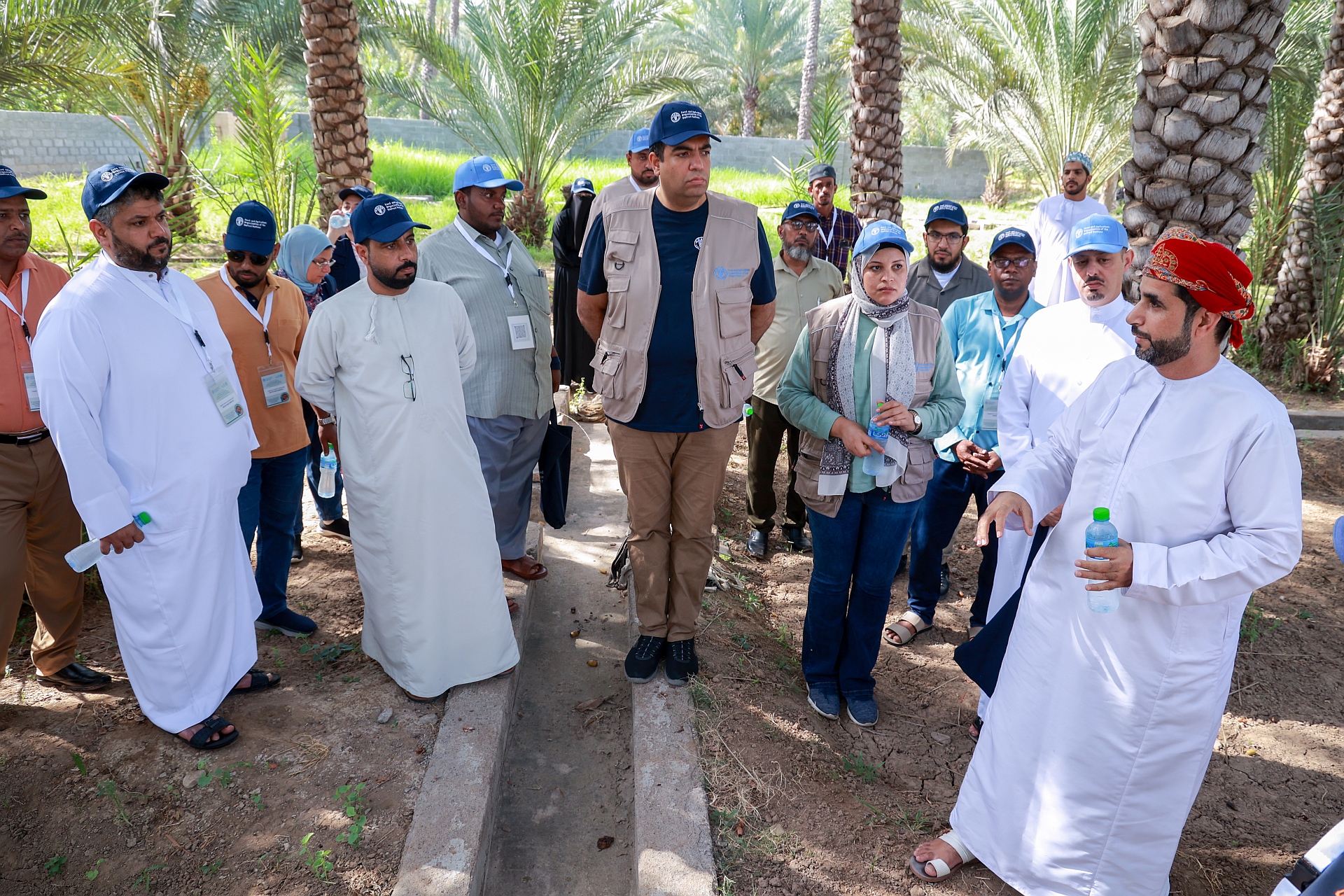FAO holds Regional Workshop on "SusaHamra" App for Red Palm Weevil in Muscat
The workshop Aims to Enhance Technical Capacities in RPW monitoring and surveillance

The Food and Agriculture Organization of the United Nations (FAO) organized a regional Training of Trainers (ToT) workshop on the "SusaHamra App": a digital system for collecting and analyzing data on monitoring and surveillance of Red Palm Weevil (RPW) from June 3 to 5 in Muscat, Oman with the participation of specialists and officials from 7 Gulf countries, including Saudi Arabia, Bahrain, the United Arab Emirates, Kuwait, Qatar, Yemen, and Oman. Under the framework of the RPW eradication “GCP /RNE/012/MUL programme, a three-day workshop is organized by the FAO Regional Office for the Near East and North Africa (RNE), FAO's Plant Production and Protection Division (NSP), and in collaboration with Oman's Ministry of Agriculture, Fisheries, and Water Resources.
The workshop agenda addressed the latest updates of the FAO regional strategy for RPW management, presenting the national plans for RPW monitoring and management in the participating countries and identifying existing gaps in the current monitoring systems and ways to improve them in the future.
The workshop aimed to enhance the technical capacities of participants on RPW visual inspection protocols, trapping techniques, and data collection using the "SusaHamra" App and platform. Additionally, the participants gain knowledge about validating, processing, and analyzing the collected data, as well as mapping the spread of the insect. They also learn how to utilize the platform to support decision-making related to control programs and improve future planning of the necessary resources.

Mr. Thaer Yaseen, FAO's Regional Plant Protection Officer for the Near East and North Africa (NENA) and the organization's officer-in-charge for Oman, emphasized that raising awareness, enhancing capacities, and facilitating coordination and information are the basic pillars of prevention, monitoring, and early warning strategies as well as sustainable management of the RPW.
"We value the contributions of all participants, particularly Oman's Ministry of Agriculture, Fisheries, and Water Resources, and we look forward to achieving positive outcomes that will benefit the date palm sector in the region. This workshop underscores our commitment to fostering regional cooperation in combating and managing RPW, as part of our ongoing efforts to address the RPW and develop effective strategies to protect the health of palm trees," added Yaseen.
Mr. Salem Al Khatri, Director General of Agricultural Development at the Ministry of Agricultural Wealth, Fisheries and Water Resources, Oman, stated that RPW is one of the threatening pests that affect palm trees. It was recorded for the first time in the Sultanate of Oman in 1993 AD and is categorized as a quarantine pest. Hence, for over 25 years, an integrated management program was developed to eradicate or limit its dissemination. This program includes several legislative, awareness, and applied technical aspects, as well as community aspects related to the participation of civil society in general, farm owners, and other relevant stakeholders. This program has effectively managed the pest population and contained it in the northern regions, hence preventing its expansion into other unaffected areas in the central and southern regions.

Mr. Maged Elkahky, Agricultural Officer, FAO- NSP, confirmed that the Susa-Hamra App is a new monitoring system designed by the FAO that includes a mobile App to collect field data related to visual inspection and management of pheromone traps in date palm fields, in addition to A cloud platform for processing, analyzing and mapping collected data. “The adoption of the Susa-Hamra App and platform as a national system for monitoring and surveying the red palm weevil is an important step in combating the RPW and supporting officials and stakeholders in making informed decisions to manage it.”
FAO has developed a Regional strategy for the Eradication of RPW in the NENA region, recognizing it as one of the most affected areas. This five-year project aims to contribute to ongoing RPW eradication efforts and develop strategies, plans, tools, and technologies to assist countries in the region in sustainable RPW management. The program focuses on three main areas: research, capacity development, and knowledge and technology transfer.
The Red Palm Weevil poses a significant threat to approximately 40 palm species across more than 50 countries, causing extensive damage to palm trees and other crops, thereby impacting production, farmers' livelihoods, and the environment.
Contact
NENA Office Communications (+20) 2 3331 6000 [email protected]
